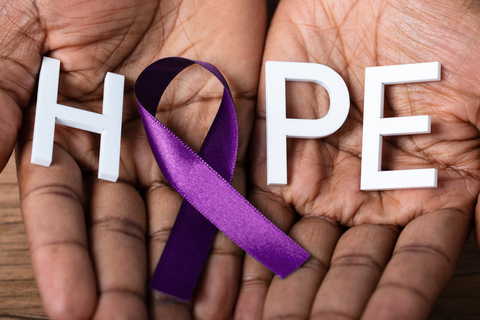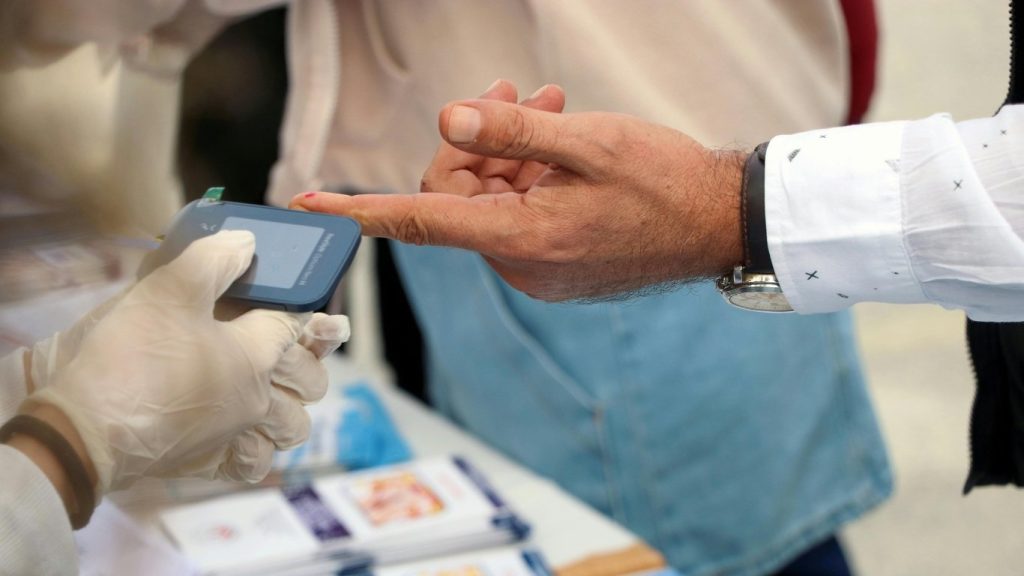Cancer
Cancer Research Institute To Host Second-Annual Spanish-Language Virtual Immunotherapy Patient Summit, Moderated by Ana Patricia Gámez, To Connect ...
The free online event will connect cancer
patients and caregivers with the latest promising research findings
shared by top immunotherapy experts, ...
If you identify as Hispanic or Latino, what can you do to reduce your cancer risk?
New Brunswick, N.J. September 1, 2022 – According to the American Cancer Society 2021-2023 Cancer Facts and Figures for Hispanic/Latino People, can...
Disparities in cancer genetics care by race/ethnicity among pan-cancer patients with pathogenic germline variants
Background:
Germline risk assessment is increasing as part of cancer care; however, disparities in subsequent genetic counseling are...
Patient-reported supportive care needs among Asian American cancer patients
Purpose:
Cancer is the leading cause of death for Asian Americans. However, few studies have documented supportive care needs from the perspective...
Pancreatic cancer among Pacific Islanders: a comprehensive analysis of an understudied racial group
Objective:
Racial disparities in care and outcome have been demonstrated for several cancers, but it is not clear that a similar dis...
Incident comorbidities after tamoxifen or aromatase inhibitor therapy in a racially and ethnically diverse cohort of women with breast cancer
Purpose:
As survival with early-stage, hormone receptor (HR)-positive breast has improved, it is essential to understand the long-te...
Trending Topics
Features
- Drive Toolkit
Download and distribute powerful vaccination QI resources for your community.
- Health Champions
Sign up now to support health equity and sustainable health outcomes in your community.
- Cancer Early Detection
MCED tests use a simple blood draw to screen for many kinds of cancer at once.
- PR
FYHN is a bridge connecting health information providers to BIPOC communities in a trusted environment.
- Medicare
Discover an honest look at our Medicare system.
- Alliance for Representative Clinical Trials
ARC was launched to create a network of community clinicians to diversify and bring clinical trials to communities of color and other communities that have been underrepresented.
- Reducing Patient Risk
The single most important purpose of our healthcare system is to reduce patient risk for an acute event.



















